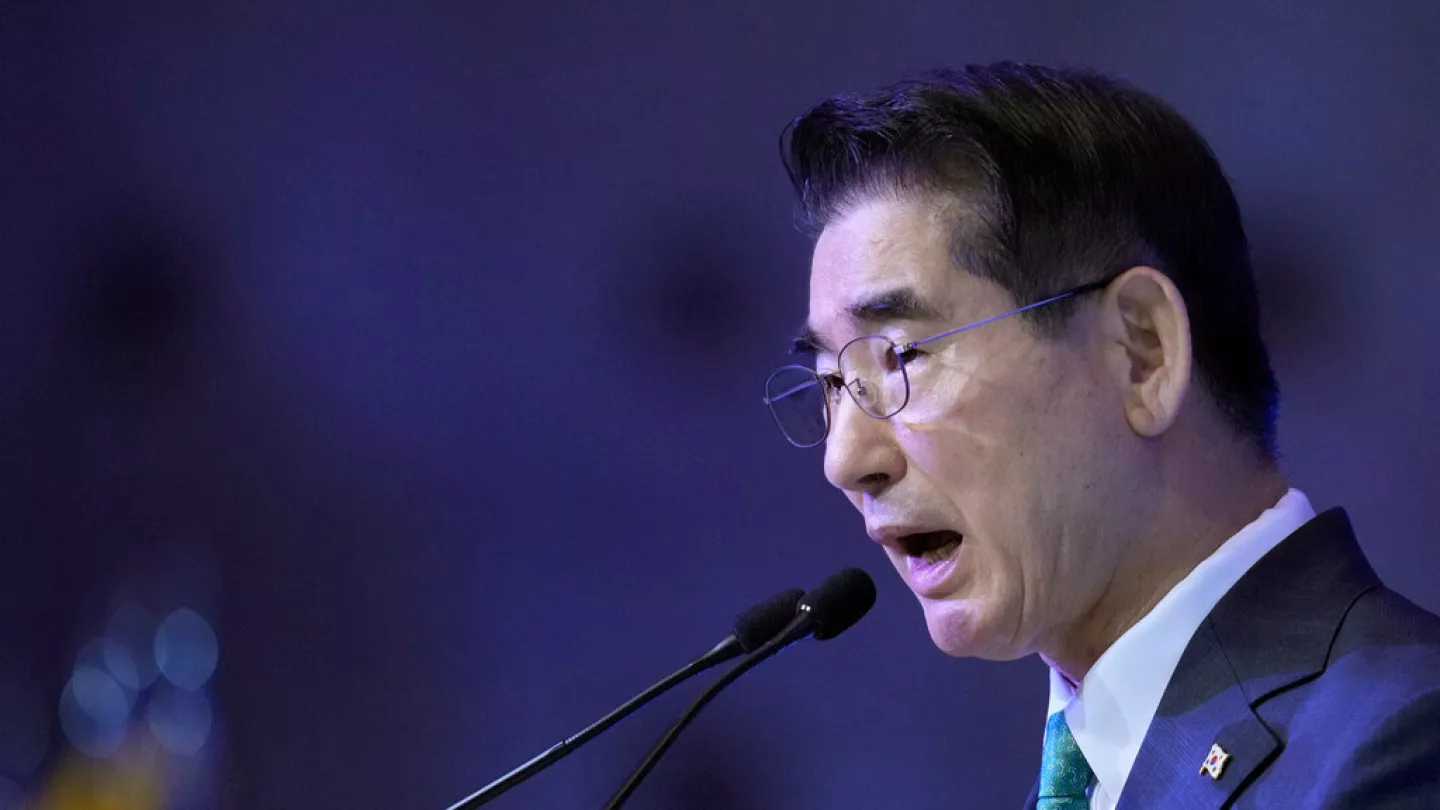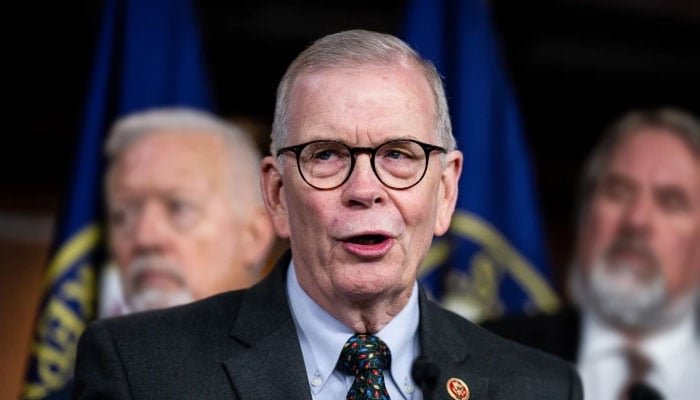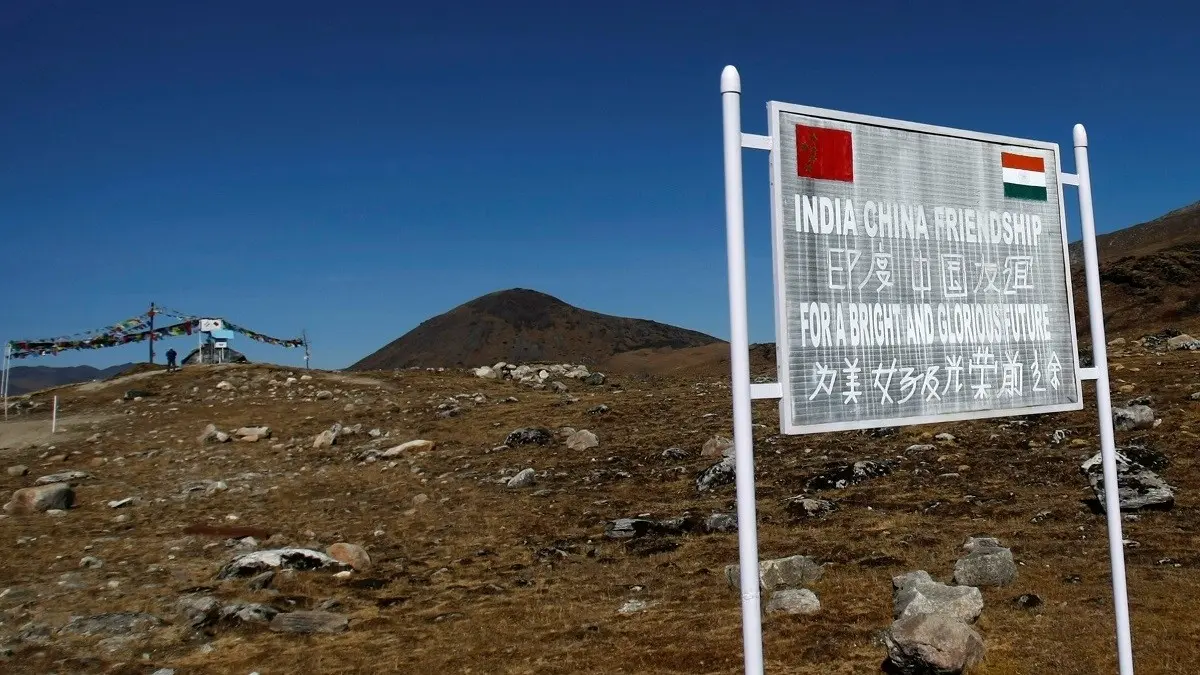South Korea’s special warfare commander, Kwak Jong-geun, has publicly refused to enforce any new martial law orders, according to media reports. Kwak revealed that the former defense minister had instructed military forces to “drag out lawmakers” who arrived at parliament to vote against the martial law declared earlier this week by President Yoon Suk Yeol.
US Defense Secretary Cancels South Korea Visit
In light of the escalating political crisis, US Defense Secretary Lloyd Austin has canceled his planned trip to South Korea. According to US officials, the visit was deemed inappropriate given the current situation. This decision was made in consultation with South Korea, reflecting Washington’s concern over recent developments.
Martial Law Declaration Sparks Outrage
President Yoon’s imposition of martial law on Tuesday, aimed at consolidating power and suppressing political dissent, has triggered widespread protests and alarm among international allies. Yoon’s move included banning political activities, censoring media, and limiting civil liberties.
Amid growing backlash, Defense Minister Kim Yong-hyun, who recommended the martial law declaration, resigned on Thursday. Yoon accepted the resignation and nominated Choi Byung-hyuk, South Korea’s ambassador to Saudi Arabia, as his replacement.
US Military Presence and Regional Concerns
With 28,500 US troops stationed in South Korea, the United States remains a critical stakeholder in regional stability. General Paul LaCamera, commander of US Forces-Korea, issued a statement urging American personnel to exercise caution, avoid protest zones, and stay alert to unexpected developments.
Rising North Korea-Russia Collaboration
The crisis in South Korea coincides with increasing North Korean military support for Russia. More than 10,000 North Korean troops have reportedly been deployed to Russia’s Kursk region to assist in military operations against Ukraine. This follows deepened ties between Pyongyang and Moscow, highlighted by a mutual defense pact signed in June and ongoing arms shipments to Russia.
Strategic Implications
The unfolding political instability in South Korea comes at a pivotal moment in East Asia. With North Korea expanding its military partnership with Russia and tensions rising on the Korean Peninsula, international observers are closely monitoring the situation for broader geopolitical consequences.



